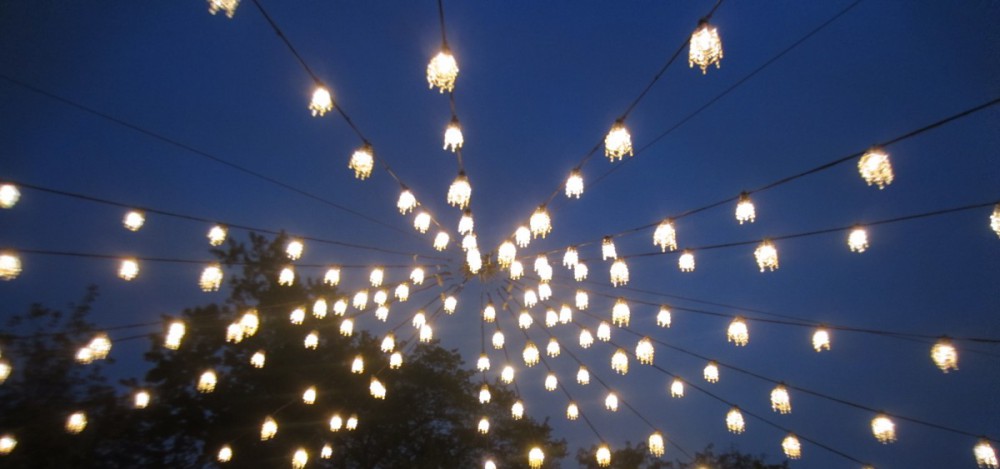When I started college in 2010, the first thing I was told by Professors from my English classes was never to use Wikipedia. The stigma that surrounds Wikipedia is one we are all too familiar with. Before I even began reading the article, my bias about the site was already in full affect. Wikipedia is know as a website that is unreliable, misleading, not credible due to constant changeability of information. I’ve never used Wikipedia as a source for reliable information, I usually used it as a way to find out information on celebrities. After reading this article I was quite surprised by the candor of the author, Purdy. Most articles tend to name all the affordances of the information however Purdy acknowledges how Wikipedia can be used as a source and as a process guide.
In the age of technology, online digital houses are the “Gods” of information. The way individuals access information has dramatically changed due to the new types of technologies. For many people, Wikipedia is the “source” of all their information. Purdy argues that Wikipedia helps to illustrate “recursive revision based on idea development, textual production based on participation in a conversation rather than isolated thinking and research based on production rather than only critique.” With this Purdy gives a nod to Wikipedia as a way for readers to engage with more innovative thinking rather than solely critiquing. I believe this may be the age of reviewing, conversing, revising and sharing information whether it is through online websites or through word of mouth. Even during this moment, in some way I am regurgitating the information I read from the article, analyzing it with my predisposed beliefs, and conversing through this blog and essentially sharing my ideas through this mediated medium which I am completely conscious of doing.
Through doing this I am thinking about the changeability of information through all the websites we are constantly accessing. In someway the information you learn is hard to focus on because it changes and while reading through the articles there are hyperlinks which sends you to another site. I think through this article it has given me a new perspective on Wikipedia as a template of how to write and how to not write– it is almost twisted. I do believe there are certain key takeaways such as conversing, revising, and sharing information which I touched upon earlier that those may be the key to writing.
Wikipedia to me is an online forum that writers and readers can write, defend, and change information like never before. I think Wikipedia may have been one of the first sites to create a such a sophisticated website in which users can search for information and chime in when they have suggestions. In this sense the site does top reading a book, with a book you read and try to create a niche to share your thoughts and hopes the author discovers your group and chime in. With Wikipedia you have writers who are constantly collaborating to create a “meaningful” article. On the other hand, unlike Wikipedia, The New York Times occasionally makes updates to its articles dependent on whether or not the information has changed. But Wikipedia allows an affordance of curating articles with readability like never before.
In essence, the article touched on another important idea that writers “need to share their writing to be successful.” I think for anyone who wants a taste of success or even just want to be apart of a niche should share their talents to learn from individuals within their fields. Writers especially can learn from other writers whether its how they edit or their styles of writing. Through sharing your work you can realize your strengths as well as weakness in your craft and work to perfect it. I think that is what we are doing with our blog posts. Another major takeaway from this article is not to be discouraged about researching information in Wikipedia but to use it as a reference of how to add substance to your research based-writing. I think also within Academia it is crucial to get your articles published to continue the conversation of your particular field.



